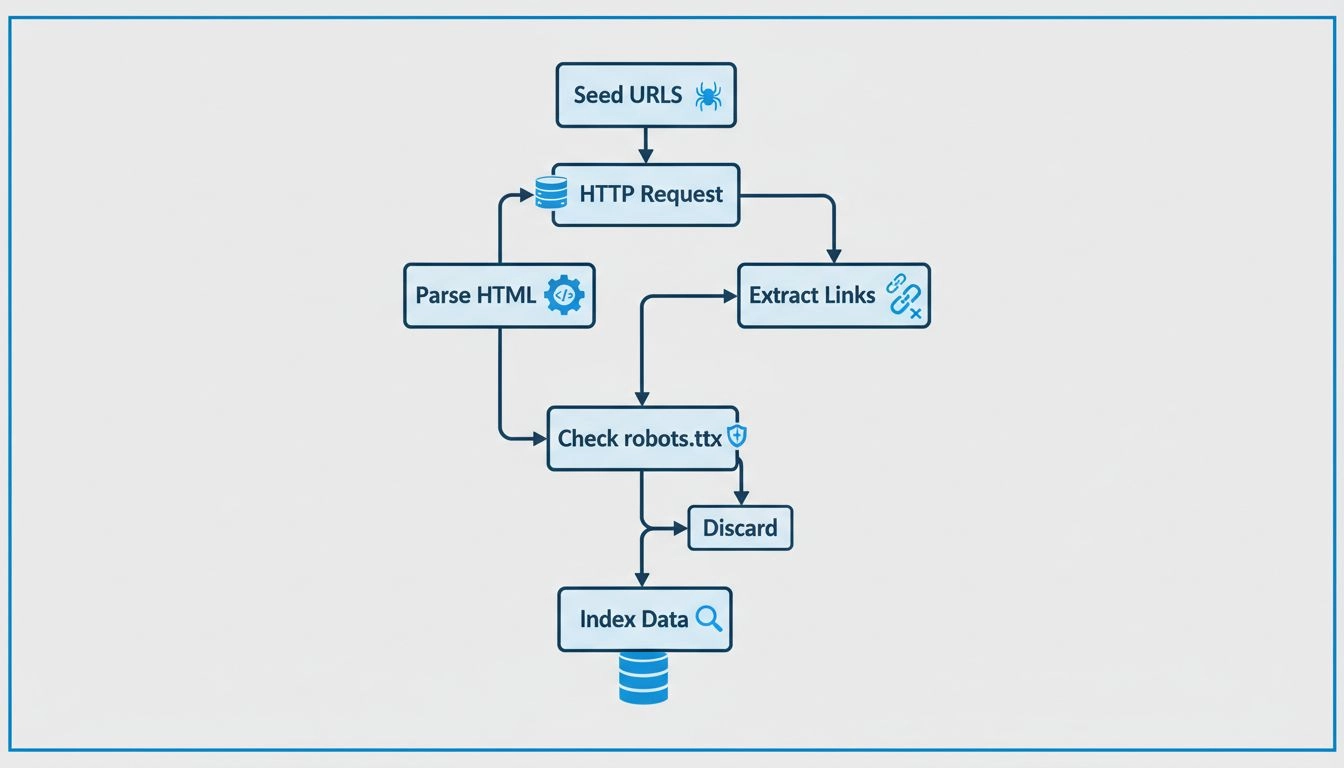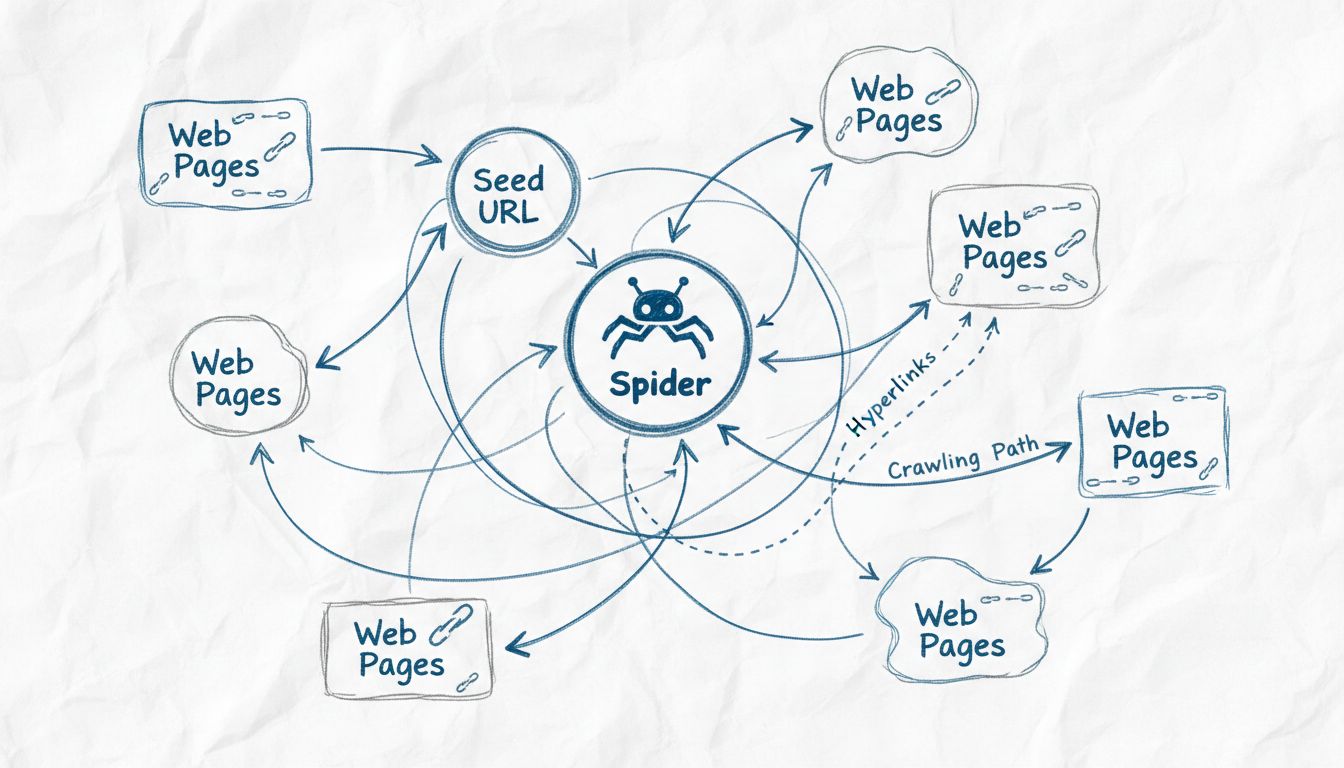Crawlers and Their Role in Search Engine Ranking
Crawlers accumulate data and information from the internet by visiting websites and reading the pages. Find out more about them.
Learn how SEO spiders (web crawlers) work, their role in digital and affiliate marketing, and why optimizing your site for them is crucial for success.
Spiders in digital marketing, commonly referred to as web crawlers, are automated programs employed by search engines to explore web pages across the internet. These spiders meticulously scan the content, meta tags, and structure of a website, following links to navigate from one page to another. The data collected during this process is instrumental in determining a website’s relevance and authority, which in turn affects its ranking in search engine results.
Affiliate marketing leverages partnerships between brands and affiliates to promote products and services. Spiders play a pivotal role in this ecosystem by ensuring that affiliate websites are indexed and ranked appropriately, thereby affecting visibility and traffic.
Spiders operate by starting from a set of known URLs and systematically visiting and revisiting web pages. They analyze the HTML structure, extract relevant information, and follow links to new pages. This process involves several key steps:
Despite their efficiency, spiders encounter several challenges:
robots.txt file, affecting indexing.While “spider” and “web crawler” are often used interchangeably, there is a subtle distinction. Spiders focus primarily on indexing content for search engines, whereas web crawlers may also be used for other purposes, such as data mining or web scraping.
SEO is a critical component of affiliate marketing , and spiders are at the heart of SEO strategies. By understanding how spiders work, marketers can:
Affiliate marketing software often integrates web crawler functionalities to:
Bot Traffic : Non-human traffic that can skew analytics and affect performance metrics.
Cloaking : Presenting different content to spiders and users, which can lead to penalties from search engines.
Link Farms : Excessive and irrelevant linking that can confuse spiders and degrade search rankings.
It depends on the specific virus and the individual computer system. However, some of the most difficult viruses to remove include rootkits, bootkits, and fileless viruses. These types of malware can be difficult to detect and can hide deep within a computer's operating system, making them extremely difficult to remove.
Google spider is a bot that is used by Google to crawl websites and index their content.
Discover how understanding web spiders can help you optimize your site for better search rankings and increased affiliate revenue.
Crawlers accumulate data and information from the internet by visiting websites and reading the pages. Find out more about them.

Learn how web crawlers work, from seed URLs to indexing. Understand the technical process, crawler types, robots.txt rules, and how crawlers impact SEO and affi...

Learn why web crawlers are called spiders, how they work, and their critical role in search engine indexing. Discover the technical mechanisms behind web crawli...
Cookie Consent
We use cookies to enhance your browsing experience and analyze our traffic. See our privacy policy.